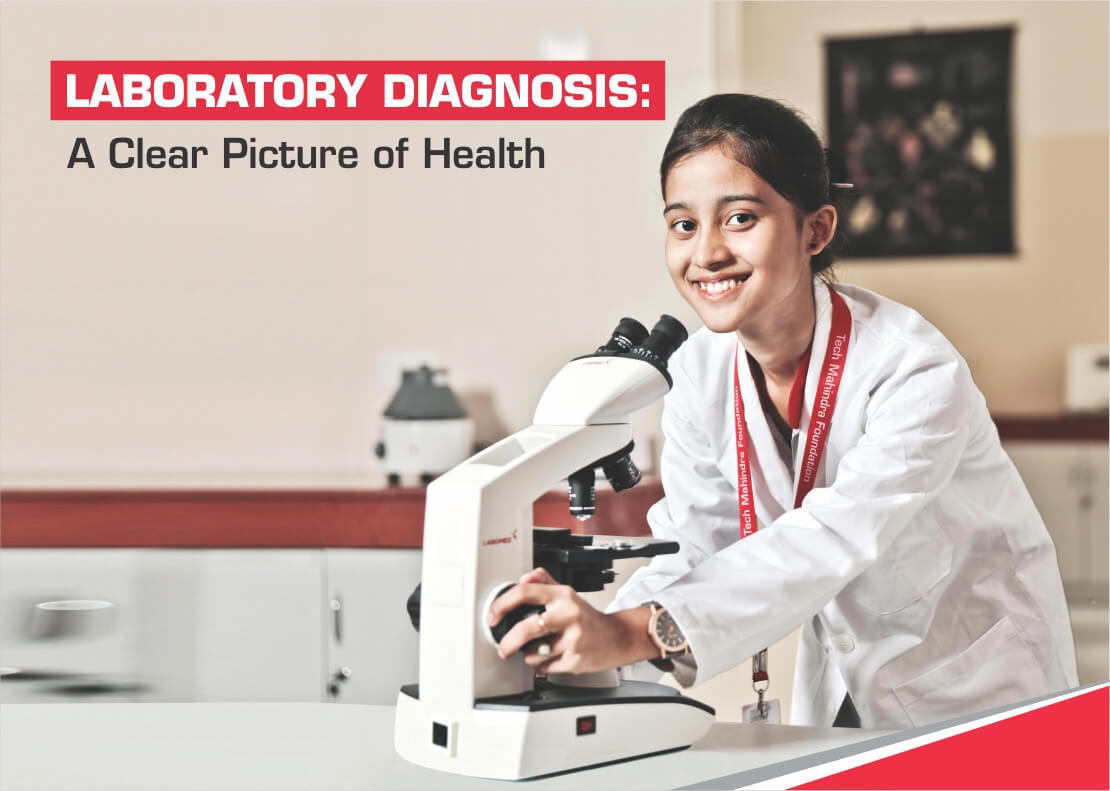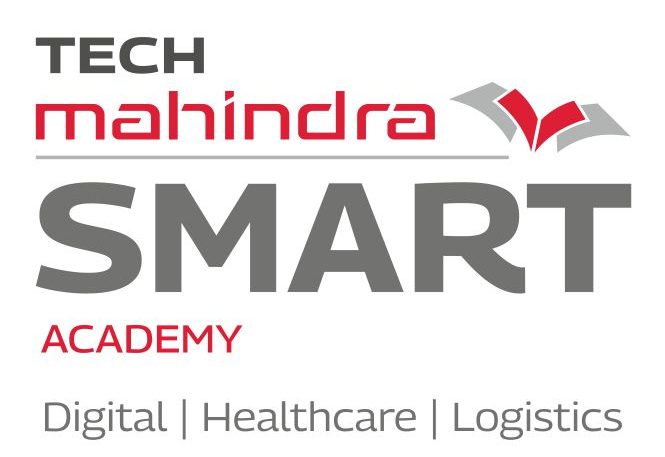Table of Contents
ToggleClinical laboratory testing plays an essential part in the delivery of quality health care. A physician or other clinician orders lab tests to diagnose, treat, manage and monitor a patient’s condition. It is estimated that around 70% of medical decisions rely on clinical lab testing.
Healthcare experts assess the overall health of a person with the help of laboratory tests i.e. blood, urine, stool, biopsy etc. Treating the diseases is much easier if recognized the exact diagnosis and the stage or phase of the disease. One of the most practised measure and accessible way to diagnosis is lab testing. Nowadays, medical lab technicians are not only playing a role in diagnosis but also playing an indirect role in the prevention of diseases.

A Clinical Lab Technician can be a pathologist & team, biochemists, medical laboratory scientists, phlebotomists and other highly skilled medical staff.
Clinical Laboratory Technologists perform most laboratory tests for medical reports. These medical professionals analyze test results such as blood and urine tests and relay them to physicians. They conduct chemical, biological, hematological, immunologic, microscopic and bacteriological tests which require keen analytical and independent judgment. Laboratory tests are often part of a routine check-up to look for changes in health.
The Life Cycle of a Lab Test
Given below is the process or life cycle of lab tests till the arrival of the report.
- Patient goes to the doctor
- Doctor orders the lab test
- Specimen is taken from the patient
- Specimen is transferred to a nearby clinical laboratory
- Tests analyze specimen and produce results
- Clinical lab provides results to doctor
- Doctor interprets results
- Doctor informs patient of results and implications
- Diagnosis and treatment decisions are made by doctor
Reasons for Laboratory Tests
There are 5 major legitimate reasons for ordering a laboratory test:
- Diagnosis: This is done to confirm the diagnosis from provisional diagnosis. In other words, to rule in or rule out a diagnosis, for X Fever with unknown origin can have a different diagnosis of Malaria, Typhoid or Dengue. It could be further confirmed from the clinical lab tests ordered and their results.
- Monitoring: This involves monitoring the effectiveness of nutritional treatments, also adjusting the drug dose and checking the effectiveness of the drug used. Few examples include Vit B12 level to decide the duration of nutritional supplements, the effect of drug therapy and a dose of oral anticoagulants and antidiabetic drugs is adjusted on continuous monitoring and evaluation of reports.
- Screening: This helps to screen the abnormalities at initial phases and provide real-time decision support. For e.g. – congenital hypothyroidism via neonatal thyroxin testing, amniocentesis can be used to detect Down Syndrome, Sickle cell disease etc.
- Health Check-ups: This includes laboratory testing even though there are no visible signs and symptoms. This is generally done as part of routine testing. For example, Liver profile testing, Cardiac profile testing in a patient with a history of alcohol abuse and hypertension. This helps to prevent the disease by adopting a healthy lifestyle.
- Research: This helps to understand the pathophysiology of a particular disease process. Since it provides a scientific causative pathology factor, thus further can help in prevention, awareness, and effective treatment protocol.
Departments of Medical Laboratory:
- Cytology: Cytology helps to study cells and identify the abnormal cells. Common cytological exams include Pap smears and Cytological specimens from tissue and body fluids.
- Histology/Histopathology: This helps to study tissue and identify the tissue pathology. Tissues are collected from surgical specimen like mastectomy, Biopsy from fibroid uterus and autopsies from dead cells etc.
- Cytogenetics: This helps to study the genetically composition and testing of blood, amniotic fluid, tissue and bone marrow.
- Hematology: it involves the study of formed elements of blood for diagnosis and screening. Common blood tests are complete blood count, total leucocyte count TLC to rule out inspection, differentiate leucocyte count DLC for identifying the disease origin, coagulation studies and ESR.
- Biochemistry: It includes the study of blood components in detail including enzymes, hormones, electrolytes, chemicals or poisons. Most common biochemistry tests involve Cardiac Profile, Drug screening test and T3, T4 & TSH.
- Blood Banking: It evaluates blood compatibility and prepares for blood transfusion and make it safe. Most common Blood banking tests include Type and crossmatch, Type and screen etc.
- Serology (Immunology): It evaluates the body’s immune response through the detection of antibodies to antigens entered through various sources. Common tests performed under this subhead are Anti-HIV, Hepatitis B Surface Antigen, VDRL and HCG pregnancy test.
- Microbiology: This study involves identification of pathogens, effective antibiotic therapy and infection control. Commonly performed tests are blood culture, culture and sensitivity, gram stain etc.
- Urinalysis: It detects disorders and infections of the kidney and metabolic disorders through Urine testing. Common tests performed are Urine Routine, Urine microscopic examination and culture and sensitivity.
Clinical laboratories provide information and services that contribute to maximizing the effective delivery of care in today’s complex healthcare system by assuring that the correct test is performed on the right person, at the right time, producing accurate test results that enable providers to make the right diagnostic and therapeutic decisions using the right level of health care resources.
With the population growing exponentially in many countries, people are prone to develop diseases that cause discomfort and even death in some cases. Thanks to the innovations in the field of medical laboratory sciences, lab technicians not only help diagnose but also monitor the health and thereby assist patients to maintain good health and strength.
As technology continues to improve the productivity of today’s laboratories, new technologies, new diseases, and disease strains continue to drive the need for more tests and testing.
The Takeaway
Lab tests offer an important snapshot of person’s overall health. It is also good to understand illness or disease beforehand or see how well the body responds to treatments for various conditions.
Thus, the clinical laboratory professional is an indispensable partner in providing patient care, and making direct improvements in the lives of patients, in the maintenance of the public’s health, and in the effectiveness of individual health care providers.

